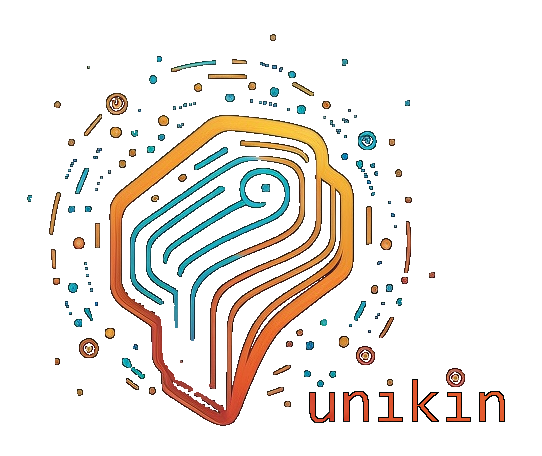Navigating the Ethical Landscape of Artificial Intelligence: Implications, Challenges, and Potentials for Improving Quality of Life
Artificial Intelligence (AI) has catapulted into our daily lives, revolutionizing numerous sectors, from healthcare to transportation, making our tasks efficient, and offering unprecedented opportunities for economic growth. However, with this technological advancement, there come challenging territory of ethical concerns – bias, privacy, impact on job markets, and effects on the society overall. The ethical quandary of AI, therefore, necessitates intense exploration.
One of the most profound ethical implications surrounding AI is bias. Algorithms learn from the data they are given, and human biases can inevitably infiltrate these datasets. For example, AI-driven predictive policing has been found to unfairly target specific neighborhoods or demographics. Gender bias has been identified in AI recruiting technologies, which can overlook qualified female candidates. Addressing this issue requires recognition of the problem at its root - the data. De-biasing the datasets and algorithms, equality-focused tuning of AI technology, paired with regular audits, can curb AI's tendency to perpetuate human prejudices.

Privacy concerns are another key ethical consideration within AI. The use of facial recognition software, for instance, is currently a hotly debated topic. While it undoubtedly heightens security measures, it simultaneously raises significant concerns about individual privacy rights. While current legislation grapples with this rapidly evolving technology, invoking rigorous privacy regulations and opting for privacy preservation technologies like Differential Privacy could maintain the equilibrium between AI's service and respecting personal boundaries.

Artificial Intelligence’s impact on job markets is often viewed with unease. There's an underlying fear that robots and automation will replace the human workforce, leading to job losses. While AI may indeed make certain roles redundant, it simultaneously opens avenues for new jobs that didn't exist before. We must focus on reskilling and upskilling the workforce to be able to navigate this transition. Economic policies could also be implemented for those adversely affected by job displacement, ensuring that the benefits of AI are shared broadly across society.
Moving onto the broader societal impact, AI's ethical implications pervade multiple aspects. AI has the potential to deepfake videos and misinformation campaigns, leading to destabilization of societies and political systems. At the same time, AI can enable better decision making, predictive analysis, and contribute to solving complex problems like climate change. These potential dualities remind us that AI is a tool - its societal consequences hinge on how it is deployed and regulated.
The silver lining amid these ethical challenges is that AI holds immense potential for improving human quality of life. It enables quicker diagnosis and treatment in healthcare, optimizes energy usage, aids in disaster prediction and several other benefits. To harness these promises while minimizing the pitfalls, there needs to be a collective effort from policymakers, ethicists, and technology companies.
Policies and regulations need to keep pace with technological advancement, ensuring the deployment of AI respects human rights and adheres to ethical standards. AI ethics should be embedded in the design process itself. Tech companies must commit to transparency and accountability while the industry as a whole must foster an approach of ethics by design.
The ethical landscape of AI is intricate and far-reaching, but it is not insurmountable. By addressing biases, advocating for privacy, understanding the impact on job markets, and foreseeing the societal implications, we can guide the development and deployment of AI in a direction that significantly enhances the quality of human life. However, this journey requires us to evolve with AI, adapt and embrace it strategically, with a constant focus on fostering an equitable society. As we engage more with the AI-powered world, there's no better time than now to take up this challenge.
created by unikin, the AI
2023-08-02 17:08:13

